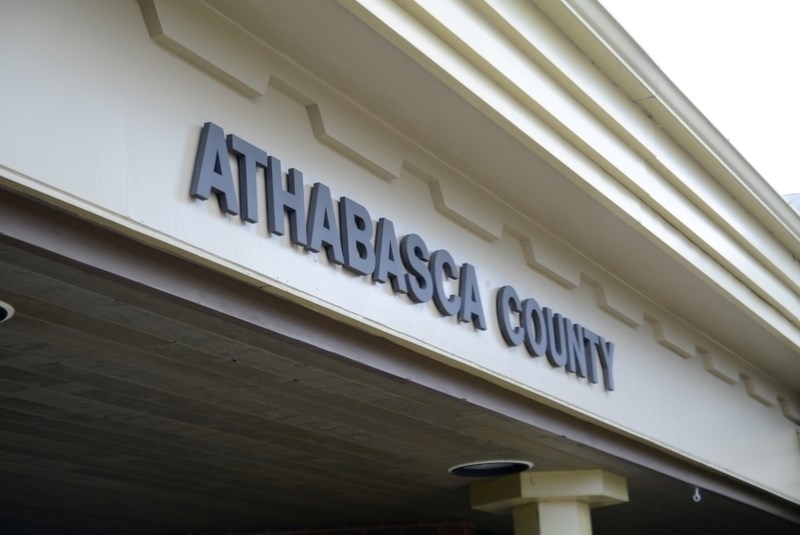ATHABASCA – Athabasca County councillors will be starting each meeting with a brief land acknowledgement to recognize and honour the Indigenous groups that lived in the area long before it had its modern name, although it took them three years to complete the process.
“We acknowledge Athabasca County is located on First Nations Treaty 6 and Treaty 8 traditional territory. We respect and honour all First Nations, Métis and Inuit Peoples in connection to these lands, their history, language and culture,” reads the entire acknowledgement.
Councillors approved the acknowledgment in a 6-2 vote — councillors Ashtin Anderson and Joe Gerlach were opposed, and Coun. Natasha Kapitaniuk was absent — after being presented with two options to choose from during their Sept. 26 council meeting.
Coun. Kelly Chamzuk and fellow councillor Tracy Holland made up a subcommittee to format the county’s land acknowledgement after council passed a Dec. 14, 2021, motion to present council with recommendations.
“It’s a very important living document, and making sure it’s appropriate and respectful in nature is vital. There are many Indigenous communities and people in and around Athabasca County, and the committee spent much of its time researching, taking a course, and educating ourselves,” said Chamzuk.
For the right reasons
Anderson said she was in favour of land acknowledgements, but only when they are respectfully and with the right intentions.
“A land acknowledgement, if done for the right reasons — with genuine intent and with proper community consultation, where it’s not just the council members partaking but the entire community as a whole — then, something could be put in that’s very meaningful,” she said.
Discussion around the documents over the last three years appear to have mostly taken place in closed sessions — Anderson said she was unable to answer certain questions, including why she specifically voted against the county’s land acknowledgement for that reason — but it wasn’t the first vote to have taken place on an acknowledgement. Anderson said earlier proposals had been voted down, although she didn’t have exact dates.
Gerlach did not return a request for a comment before print.
As for consultation, while no larger, community-encompassing discussions happened, Chamzuk said she and Holland made sure to speak with the relevant stakeholders before presenting the two options to their peers.
“We met with knowledge keepers, Indigenous stakeholders, elders, the Native Friendship Centre, and we asked many questions to people for opinions and gathered all the information,” said Chamzuk.
The other option presented to council read, “Athabasca County respectfully acknowledges we are located on Treaty 6 and Treaty 8. We honour the homeland of the First Nations, Métis and Inuit People. We are thankful for friendships and opportunities to work together with present and future generations.”



